Call (888) 611 2366
Support@tulgafifthwheel.com
Call (888) 611 2366
Support@tulgafifthwheel.com
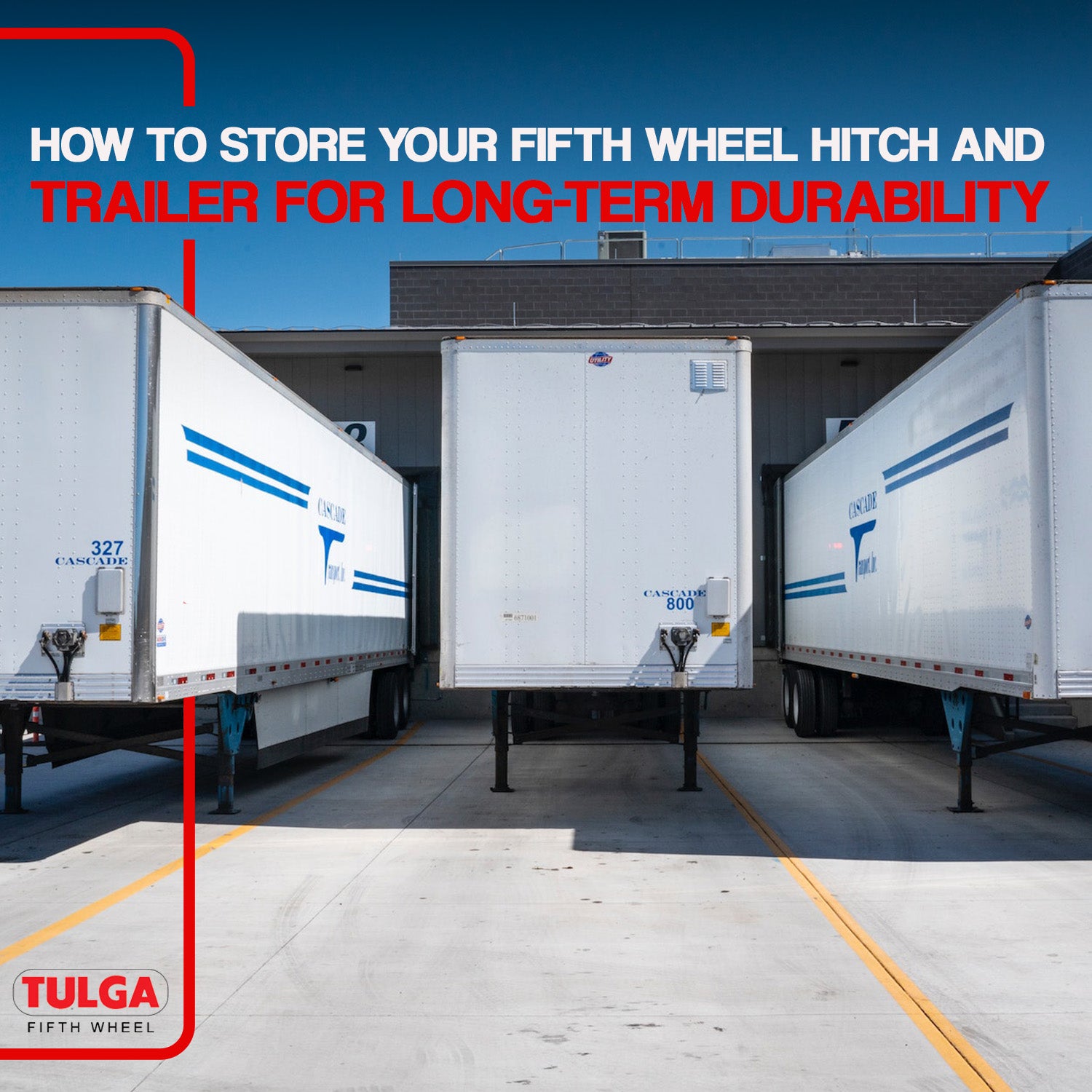
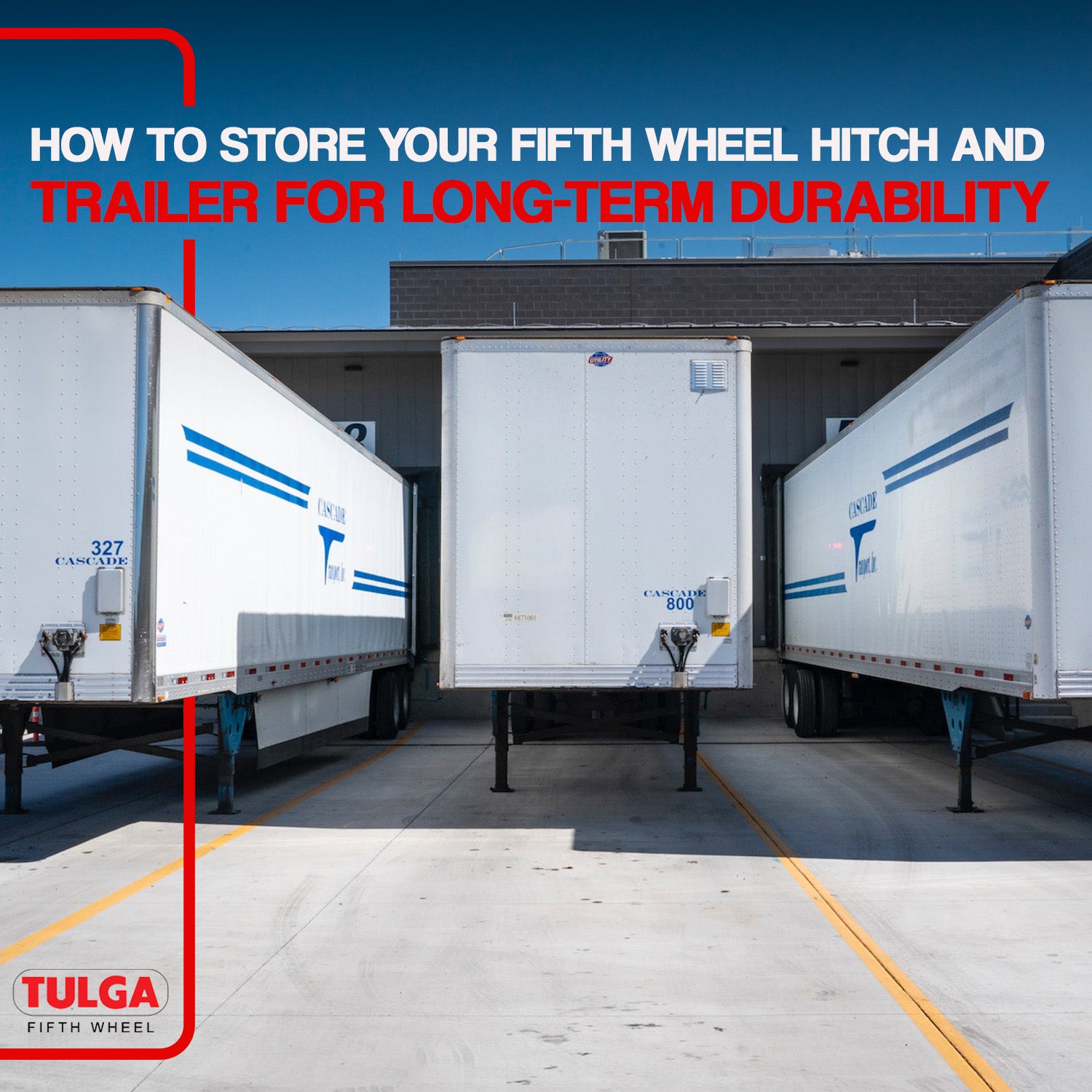
Anyone who enjoys travelling would be wise to invest in a fifth-wheel hitch and trailer. It is essential to store these pieces of equipment properly to guarantee their long-term durability and guard against damage. The longevity of tires and mechanical parts can be increased, corrosion can be avoided, and overall the vehicle's future use can be strengthened with proper storage techniques. We will look at practical ways to store the fifth-wheel hitch and trailer for an extended period in this blog post. It's time to get ready for your car's upcoming travels!
How to Storage Your Fifth Wheel Hitch
It is essential to correctly store the fifth wheel hitch to guarantee its long-term durability and seamless operation in the future. It is also crucial to properly organize the storage procedure to shield the equipment from outside influences and preserve its effectiveness. Cleaning and maintenance measures must come first when storing the fifth wheel hitch. With a little water and detergent, this is readily accomplished. Following the cleaning procedure, the apparatus has to be examined for indications of wear or damage. The next important step is to choose a suitable storage space. For long-term durability, maintaining the system's moving parts and using protective coatings are also essential. Lastly, you must keep your fifth wheel hitch stored in a dry, contained area.
You may maximize the performance and durability of your 5th wheel hitch storage by using these easy-to-use yet efficient strategies.
Efficient 5th Wheel Storage Solutions: Maximizing Space and Security
5th Wheel storage procedures include ensuring equipment safety and making the most use of the available space. To ensure the equipment lasts a long time and improves security while being stored, smart storage solutions are made to arrange trailers and towing systems in an organized manner. Fifth-wheel systems may be safely and neatly stored with the use of a variety of security measures such as enclosed areas, locking systems, and specialized storage racks. These practical storage options help customers keep their equipment safe in addition to helping them make the most of the space that they have available.
Best Practices for 5th Wheel Hitch Storage: Keeping Your Gear in Top Condition
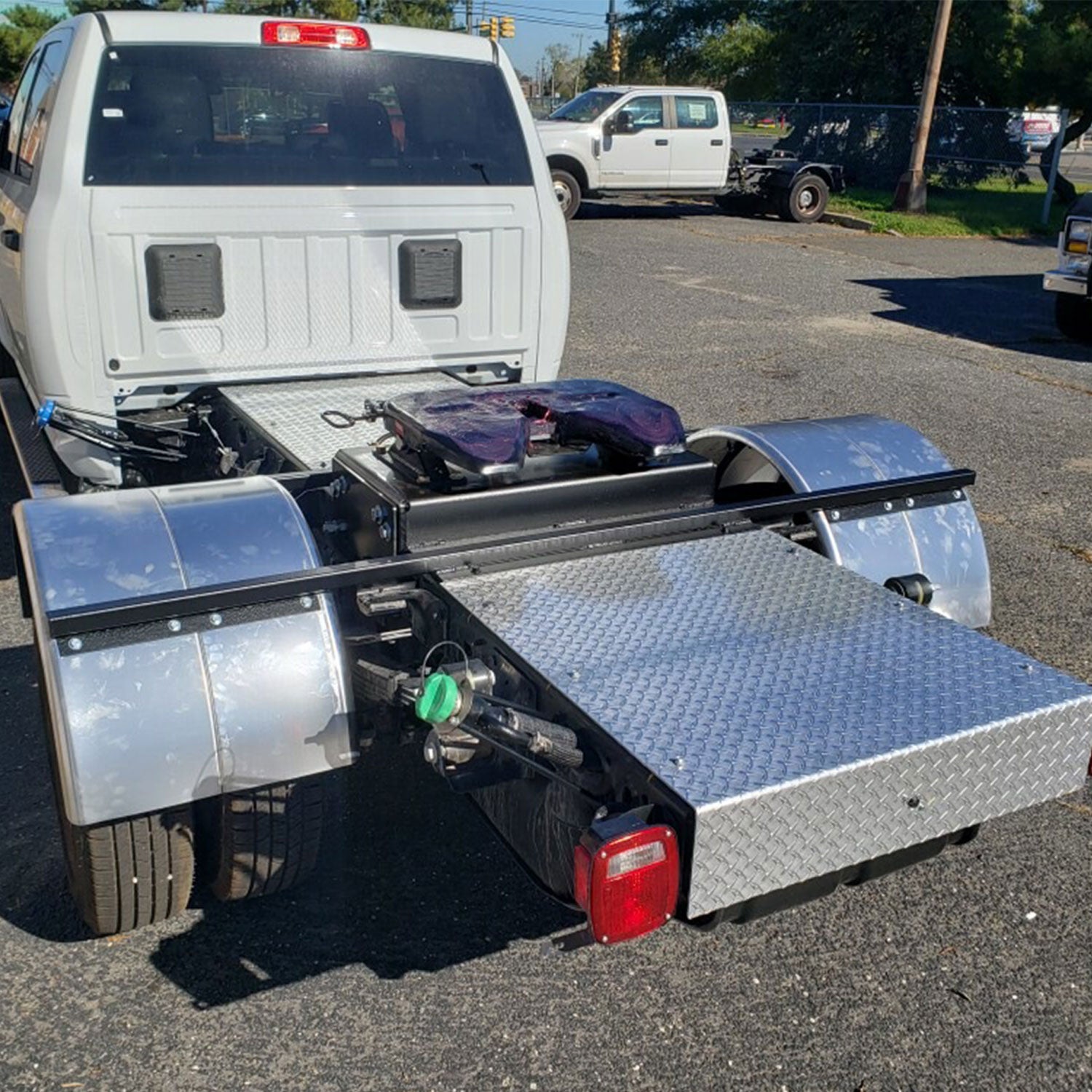
Adhering to the recommended procedures for fifth-wheel hitch storage is essential to guarantee the durability and peak performance of your apparatus. The system should undergo cleaning and maintenance operations before storage. To ensure seamless operation for the next usage, all components should be inspected and repaired as needed. It's also important to apply protective coatings before putting the fifth wheel towing system in a good storage location. This can lessen deterioration and increase resilience to different weather circumstances. Lastly, for the equipment's security, further safety precautions like locking systems or enclosed storage spaces should be implemented. By following these recommended practices, you can keep your Fifth Wheel towing system operating at peak efficiency and prepared for any situation.
Clever 5th Wheel Storage Ideas: Organizing and Protecting Your Investment
Here are some clever 5th wheel storage ideas to help you keep and arrange your equipment neatly when storing your fifth-wheel hitch system. You may make efficient use of space when storing things by using useful tools like hooks, organizers, and bespoke storage shelves. Additionally, it's critical to use covers or protective coatings to shield the equipment from outside influences. Secure storage spaces and locking systems help guarantee the security of your investment.
Year-Round 5th Wheel Hitch Storage: Tips for Seasonal and Long-Term Storage
Storing the 5th wheel hitch system throughout all four seasons requires adapting to both seasonal changes and long-term storage needs. Under this heading, we will focus on some tips to optimize the 5th wheel hitch system for seasonal and long-term storage:
With these suggestions, you'll be able to safeguard the 5th wheel storage for both long-term requirements and seasonal fluctuations.
DIY 5th Wheel Hitch Storage: Cost-Effective and Customized Solutions
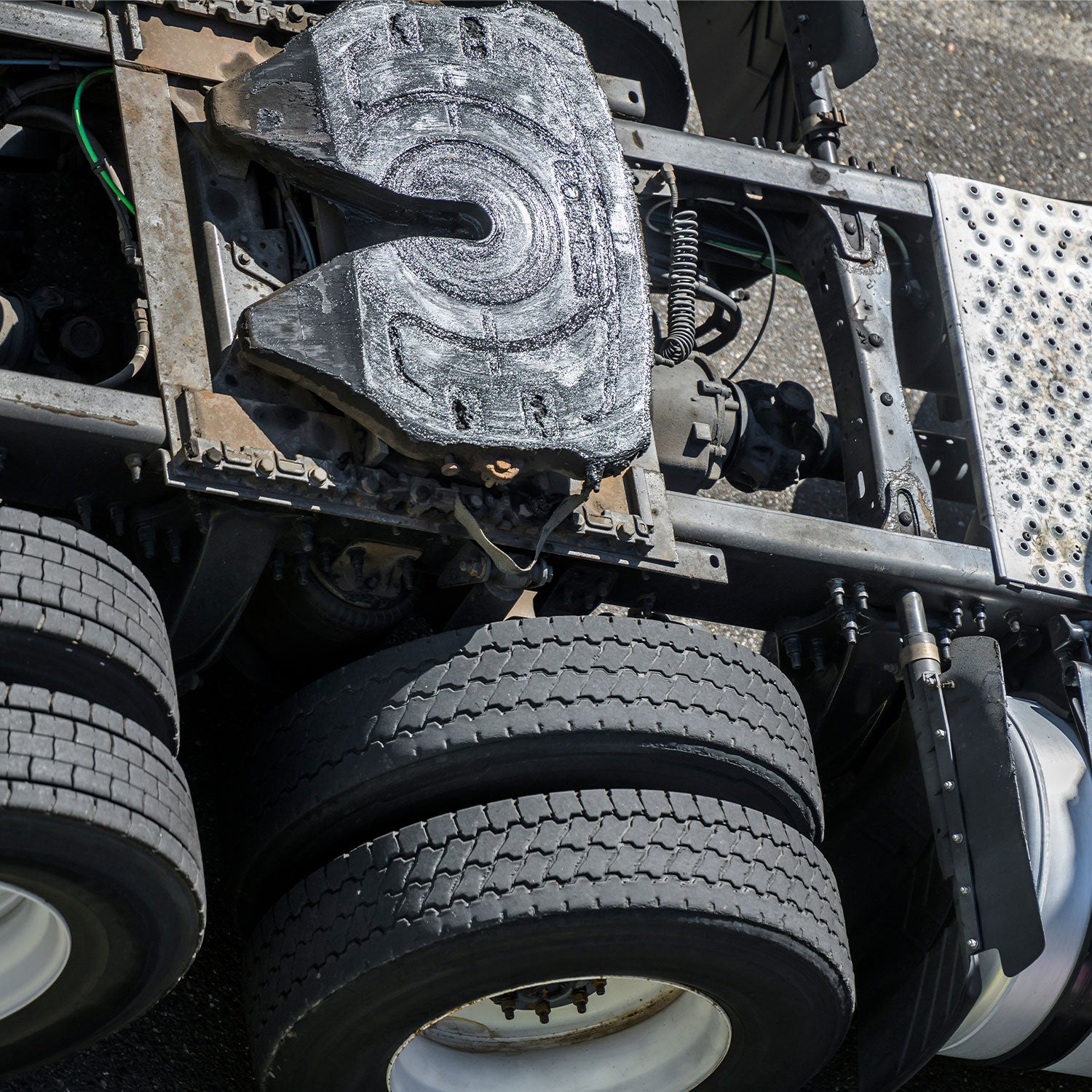
Developing Do-It-Yourself storage solutions for the 5th-wheel hitch system offers a cost-effective approach and allows you to create customized solutions tailored to your needs. This not only provides a budget-friendly option but also enables you to build your storage systems instead of relying on ready-made solutions. Below are some customizable solutions that fit your specific needs:
These suggestions help you keep the cost low and make customized adjustments to your DIY 5th Wheel Hitch storage solutions.
Space-Saving Strategies: Utilizing Garage and Outdoor Spaces for 5th-Wheel Hitch Storage

Making the most of the space in your current garage and outside spaces is crucial when storing your fifth-wheel hitch. Here are a few effective strategies for this aim:
By implementing these space-saving strategies, you can efficiently utilize your garage and outdoor areas for 5th wheel hitch storage, ensuring the equipment remains secure and durable.
Protective Measures: Weatherproofing and Maintenance Tips for Stored Hitches
To enhance the durability against weather conditions and ensure the maintenance of stored hitches, there are some protective measures and tips. Let's examine them together:
These measures are essential steps to protect the hitch against weather conditions and ensure its health during the storage period.
Creative 5th Wheel Hitch Storage: Turning Necessity into Organizational Opportunity
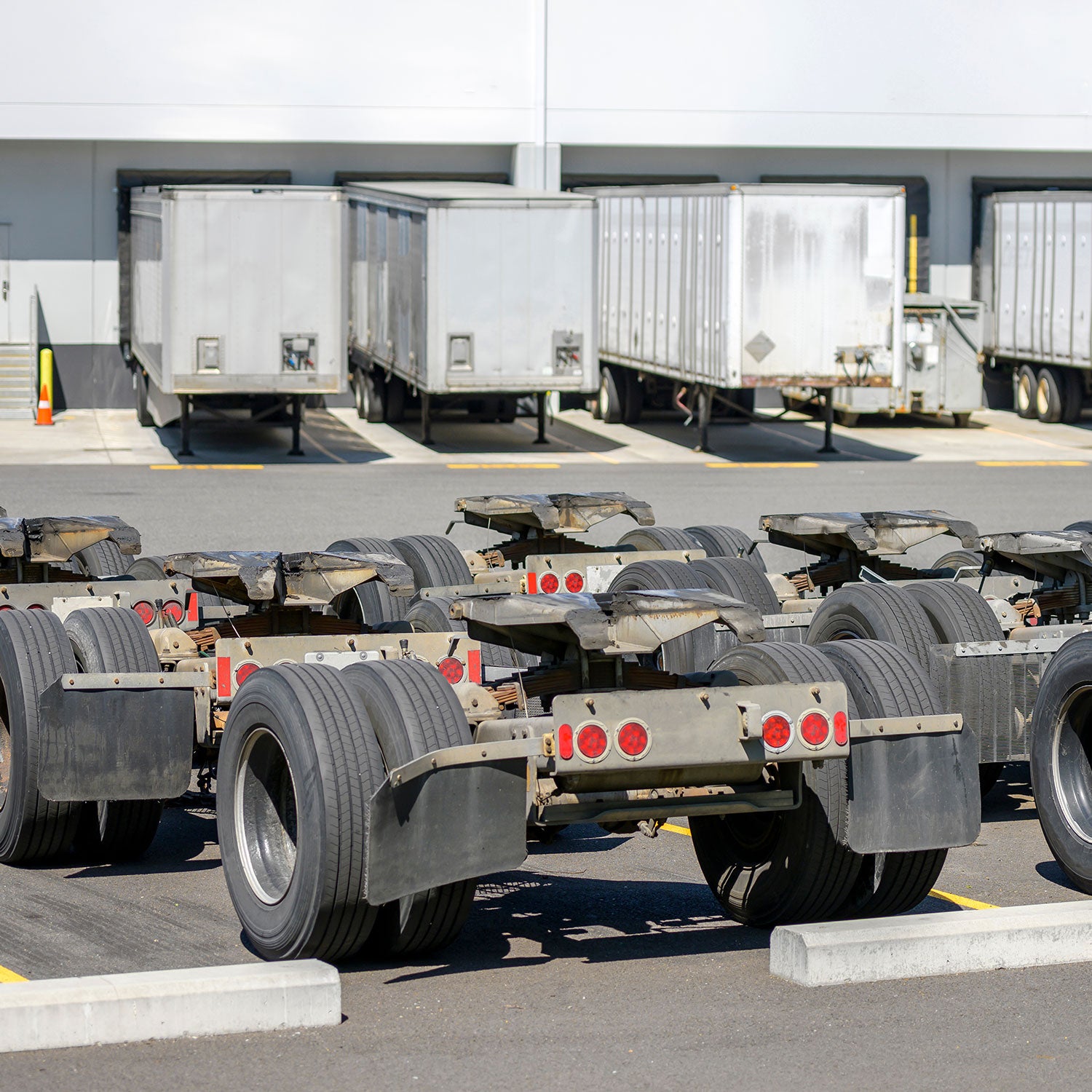
The procedure of storing a fifth-wheel hitch can be transformed from a tedious obligation into a chance for innovative and well-planned solutions.
Beyond just keeping the fifth wheel hitch neatly stored, innovative methods try to make this procedure work to the user's benefit. This can be accomplished using creative storage configurations, useful organizing techniques, or attractive solutions.
Here are a few instances:
Modular Storage Shelves: You can divide the hitch into sections and store each section neatly by using modular storage shelves. This guarantees simple access to every part as well as the organization.
To sum up, storing your 5th wheel vs travel trailer for long-term durability is an essential step in making sure your equipment continues to function at its best for many years. The storage strategies and protective measures discussed in this article are designed not only to securely preserve the towing system but also to ensure long-term usability. Solutions ranging from rotating storage systems to custom coatings offer a broad spectrum of options to help you preserve your 5th Wheel Hitch and trailer with maximum durability in every storage process. Remember that regular maintenance and creative storage solutions contribute to increasing the reliability of your equipment during every journey, ensuring smooth performance over the years.
For the best-quality equipment that provides long-term durability, visit TULGA Fifth Wheel Hitch products here!